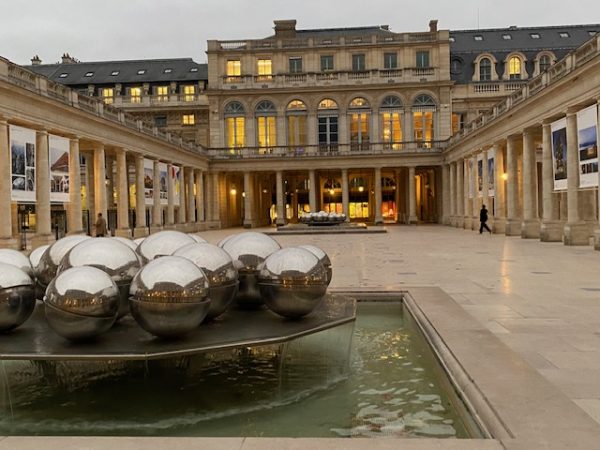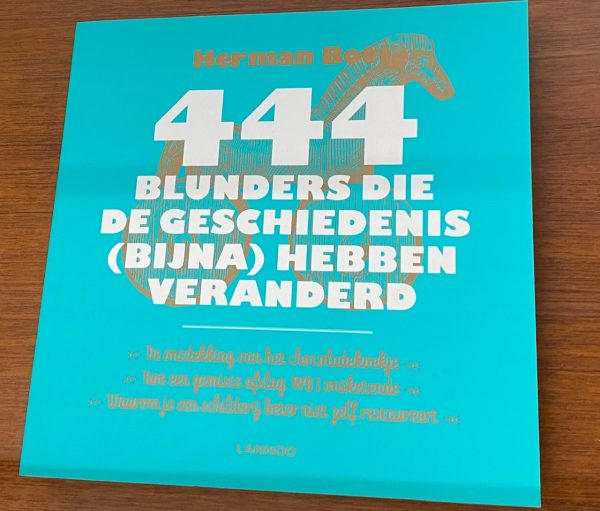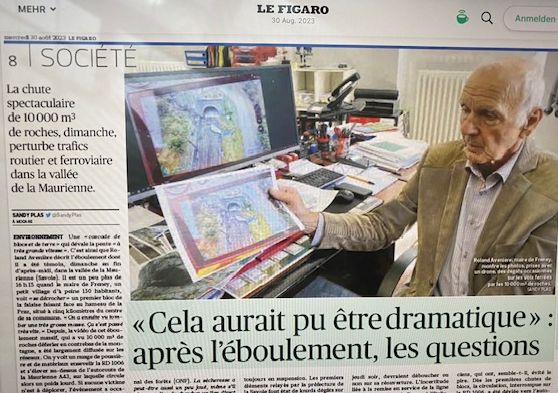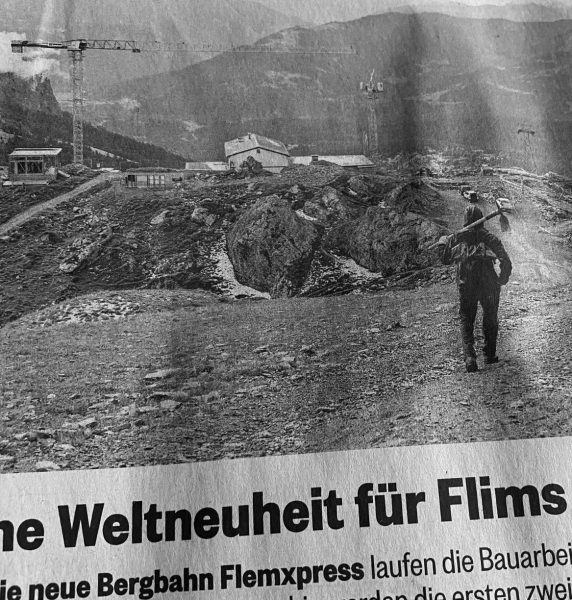Some sectors of the economy receive a lot of attention, for example sectors selling fancy cars. Other sectors, like the ones regrouped under the name of circular economy, receive much less attention and show up little in headlines. In fact, the circular economy is a great example of this. There are thousands of waste and rubbish collection, sorting and recycling centers, several hundreds of waste-to-energy plants, composting sites across the European Union. Of course, there is also a European Federation of the sector (FEAD). On the last FEAD conference in Brussels 2024 it became clear that Europe is finally waking up to the challenge of recycling costly raw materials.
The narrative concerning the sector needs to change further: what used to be subsumed as costly nuisance is in fact a potential profit center for companies and society at large. We do no longer want to import lots of raw materials from countries with dubious social and environmental records as part of our supply chains for raw materials. Time to act. This, however, is a rather complex socioeconomic challenge of circularity. The price mechanisms are not fully functional in most Member States, let alone across the EU. Additionally, the social practice to recycle varies greatly between countries. Distributional issues matter as well. It is rather obvious that dumping waste from one region/country in another one has huge implications (nuclear waste), but if one country values waste more than another one, due to innovative recycling techniques, the matter takes a marketable turn. Regulation should carefully distinguish categories of materials as we do for hazardous materials in production, consumption and for health and safety purposes of employees.
Metal, battery, cement, plastic and wood recycling pose challenges, but also opportunities to improve the European material import/export balance sheets. However, first in the circle of circularity is the use of materials. There we are clear that “less is better”. Less input of raw materials, most of which we import in the EU, reduces our dependence on other countries. This is the tricky social question of circularity. Mainstreaming of more conscious use and reuse of resources is a huge social issue, which we tend to relegate to a task for the education system. The awareness that supposed waste is also a valuable resource is spreading and the growth of the sector a business and employment opportunity for many. Circularity is the new sexy sector of the 21st century.
What have you recycled today? and myself? Well, scientific online publications. Now think of ChatGPT and the AI gold mines of 2024. There is lots of value in recycling.
(Image FEAD conference Brussels, 2024) 




































